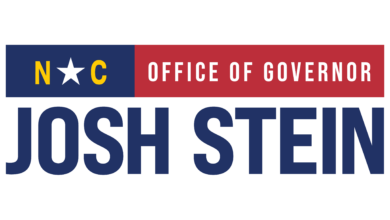Last Updated on February 11, 2017 6:03 pm
*Information provided by the North Carolina Education Lottery*
In Fiscal Year 2016, education programs in Watauga received $1,649,255 in lottery funds. Elected officials in the state legislature decide how to best use the money provided to the state by the lottery each year. Here is a look at how the money supported specific programs last year.
Non-Instructional Support: $874,241
It takes a team to make schools work. Lottery funds helped support the operations of public and charter schools, including the costs of support staff such as office assistants, custodians and substitute teachers.
School Construction: $292,157
Students need places to learn. School systems can use lottery funds to help build and repair schools. This helps meet needs that otherwise would have to be paid for by other means such as property taxes. Local officials decide the best use of the construction funds the county receives.
Prekindergarten: $229,725
Being ready to learn helps kids get the most out of school. The N.C. Pre-K program serves four-year-old children who are at risk of falling behind their peers as they prepare for kindergarten. Thanks to lottery funds, 45 children in Watauga County were provided a free, academic pre-school experience last year.
College Scholarships: $168,100
Lottery funds help college students get learning that lasts a lifetime. Lottery funds provide scholarships based on financial need to help students cover the costs of attending a state university or community college in North Carolina. Last year, 162 students in Watauga County received scholarships.
Financial Aid: $85,032
A second way that the lottery helps make college affordable is through the UNC Need-Based Grant Program. The money supports grants to help students cover the costs of attending a state university within the UNC system. Last year, 438 Watauga County students received grants.
Lottery Funds Have Supported Watauga County for More Than a Decade
Lottery funds have made a difference in Watauga County every year since 2006. Over time, lottery funds have been directed by legislators to support different education programs, including paying for the salaries of teachers and teacher assistants and digital learning initiatives.



















